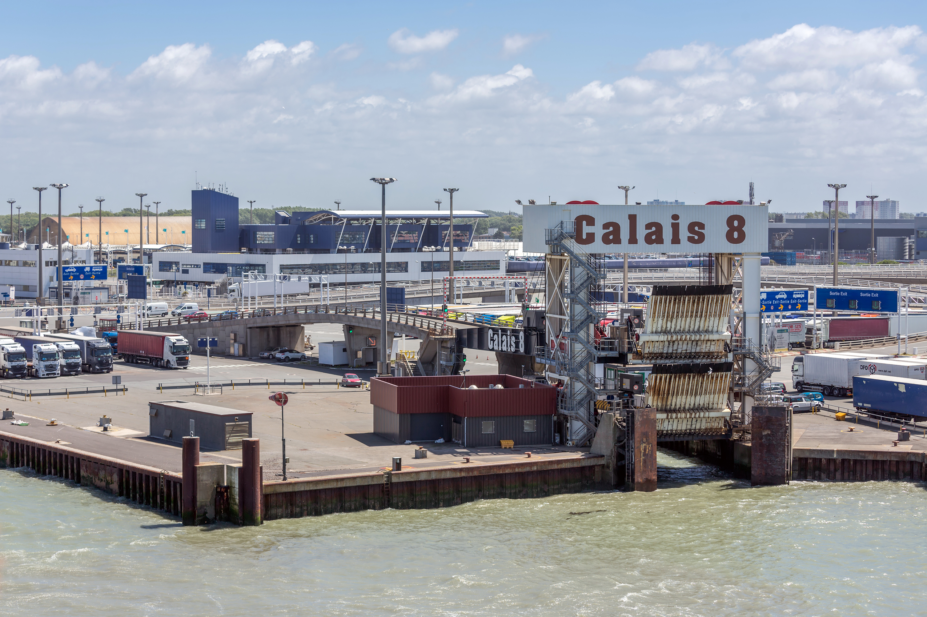
Shutterstock.com
Exiting the EU with no deal in place will leave the UK’s supply of drugs “particularly vulnerable to severe extended delays” at the Channel crossing, a leaked government report has warned.
The comments made in the document come after the government has repeatedly reassured the pharmacy industry of its plans to mitigate disruption to the supply of medicines through six-week’s worth of stockpiling and additional freight capacity at the Channel crossings.
According to the document, reported by
The Sunday Times on 18 August 2019, the government estimates a “worst-case flow rate” across the short straits into Dover and Folkestone of 40% its current capacity, “with significant disruption lasting up to six months”.
But because around three-quarters of the UK’s medicines arrive through these routes, the document warned that the supply is, therefore, “particularly vulnerable to severe extended delays”.
To avoid delays in the medicine supply chain, the government tendered a contract on 15 August 2019 worth £25m to transport “time sensitive shipments” from the EU to the UK and “ensure [that] supply of medical goods remains uninterrupted” after Brexit.
However, the British Generic Manufacturers Association said on 9 August 2019 that one in three generic manufacturers have already opted to pay for their own transportation rather than relying on government arrangements owing to the “uncertainty” around government plans.
Sandra Gidley, president of the Royal Pharmaceutical Society, said she was “concerned” about the government’s assessment, adding that “contingency planning can only go so far to eliminate these risks”.
The Department of Health and Social Care has been approached for comment.
You may also be interested in

Government advises chief pharmacists to coordinate aid between trusts amid radioisotope shortage

Mandatory ‘eight-week buffer stock’ requirement not met by medicine suppliers, reveals audit
